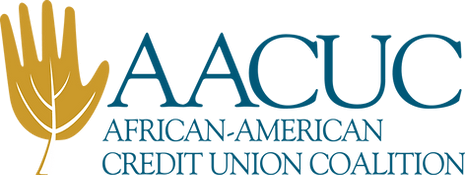From child interpreter to industry advocate: Rethinking access during Hispanic Heritage Month

From child interpreter to industry advocate: Rethinking access during Hispanic Heritage Month

As a child, one of my most significant responsibilities, beyond homework and chores, was managing my parents’ banking. I was the one at the teller counter, translating forms, and trying to make sense of terms that even some adults struggle to understand. Even now, I often find myself stepping into that same role. Imagine an 8- or 9-year-old girl reciting her parents’ Social Security numbers and dates of birth and explaining to a bank employee what transaction they were there to do. Some employees were impressed, others uneasy, and a few simply indifferent.
It might sound unusual, but my experience is far from unique. Countless children of immigrant families quietly shoulder the same responsibility. While it gave me resilience, a sense of duty, and even sparked my passion for the financial industry, it also revealed something bigger: our financial systems too often leave families behind when services aren’t designed to meet them where they are.
The broader issue
For many first-generation families, language barriers and a lack of culturally relevant financial services often lead to their children becoming default interpreters. This situation places a significant burden on young people. It can hinder parents from establishing direct and trusting relationships with financial institutions. The issue is not solely about language; it is also an access issue.
When children serve as financial liaisons, the risk of misunderstandings increases. Parents may miss important details, children may feel overwhelmed, and families may lose opportunities to engage in the economic system fully. Over time, this cycle perpetuates mistrust and prevents households from building financial confidence and stability.
Possible solutions
Credit unions, with their people-first mission, are uniquely positioned to change this reality. Some ideas on where to start are:
1. Multilingual, multichannel access
Beyond brochures, ensure digital platforms, call centers, and in-branch services are available in multiple languages, not just English.
2. Family-friendly banking programs
Offer workshops or information sessions designed for families, so parents and children can learn together without the child being the sole interpreter.
3. Cultural competency training
Equip staff to understand immigrant family dynamics, approach conversations with empathy, and build trust with households who may feel overlooked by mainstream institutions.
4. Community partnerships
Collaborate with schools, nonprofits, and local organizations to reach first-generation families and offer support beyond traditional branch walls. These partnerships can provide education, resources, and culturally responsive services that make financial access more inclusive and meaningful.
Hispanic Heritage Month is a time to celebrate the culture, contributions, and resilience of our people. For the credit union industry, it is also a reminder that true inclusion means removing barriers so families like mine don’t have to rely on their children as their only financial interpreters. By expanding access, training staff, and meeting communities where they are, credit unions can honor this month not just in words, but in action.
Original article here.
Additional Info
Related Links : https://www.cuinsight.com/from-child-interpreter-to-industry-advocate-rethinking-access-during-hispanic-heritage-month/
Source : CUInsight.com
